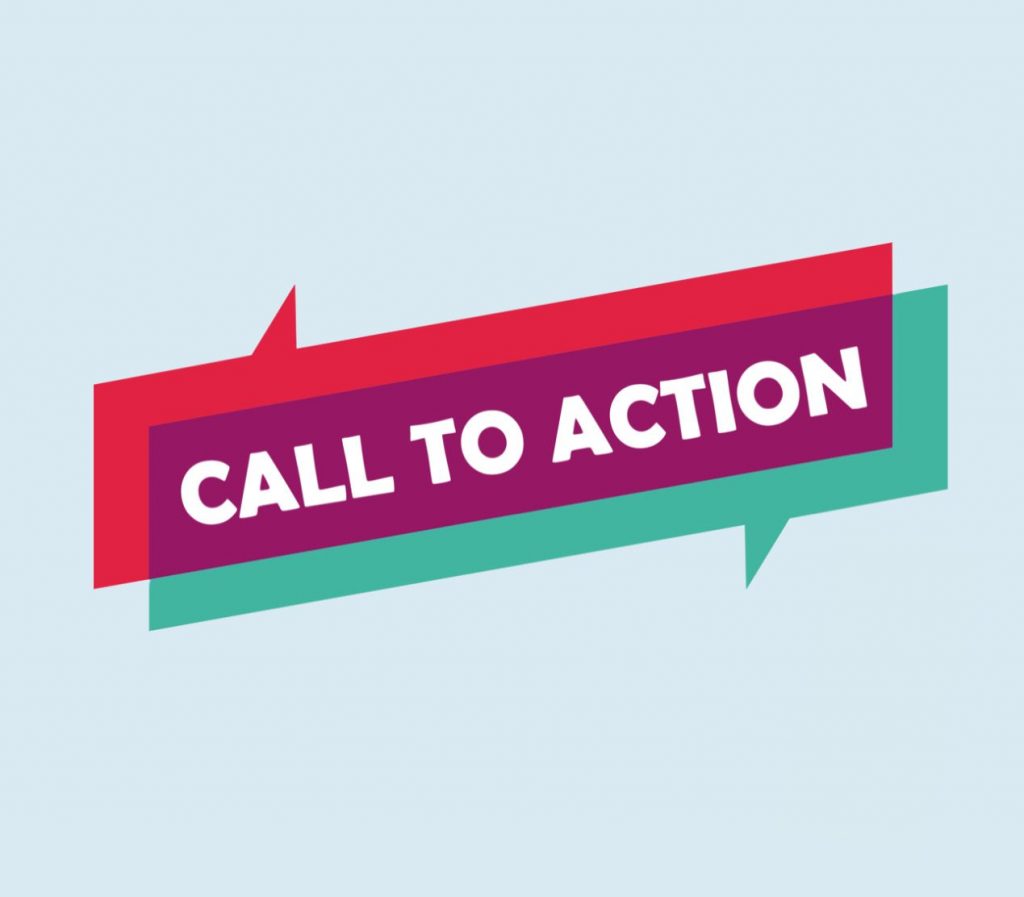
What are Alternative Breaks?
Alternative Breaks are service-learning experiences supporting alongside the community to seek a more equitable and inclusive society. Alternative Breaks trips are designed to heighten participants’ awareness of critical social issues, enhance their individual growth, and prepare them for lifelong social action. Alternative Breaks provides students the opportunities to meet new people, learn new things, and live simply in community off-campus.
These program occur during academic year during winter break, spring break or a weekend. They integrate the Nine Components of an Alternative Break including education, immersion, service, reflection to dig deeper into a social justice topic on each alternative break. Examples include racial justice, environment justice, housing security, healthcare access, etc.
Interested in getting involved?
Click on the links to the right to learn more about each alternative break and leadership opportunities.
If you have any questions, please email our Alternative Break Student Coordinator Damini: uconn.co.altbreaks@gmail.com.